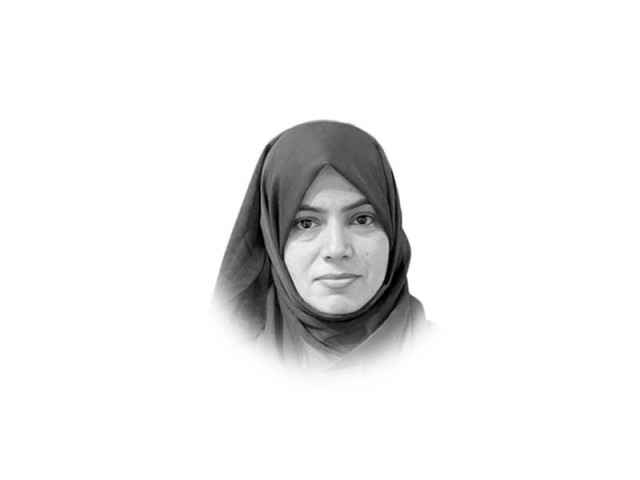Democratic governance dynamics
Democracy plays a pivotal role in ensuring peace and stability on the global stage

Democracy stands as a form of governance that empowers nations by entrusting the ultimate authority to the people. As eloquently stated by Abraham Lincoln, it is a system “of the people, by the people, for the people.” This powerful concept better defines the essence of democracy, rooted in foundational principles of popular sovereignty, equality, and participation.
In such electoral regimes, every individual possesses a voice in shaping the collective destiny of their nation. It opens avenues for participation through free and fair elections, enabling citizens to express preferences, elect representatives, and hold them accountable for their actions. This fundamental aspect of democracy instills a sense of ownership and responsibility among the populace, encouraging active participation in the decision-making process.
Within a democratic set-up, safeguards against tyranny and oppression exist through distribution of power among multiple institutions and individuals, thereby averting the concentration of authority in the hands of a few. Mechanisms such as the separation of powers, checks and balances, and the rule of law ensure that no single entity can monopolise control or suppress dissent. This promotes stability, safeguards individual rights, and fosters a culture of inclusivity and tolerance within society, besides serving as a catalyst for socio-economic development by fostering an environment conducive to entrepreneurship and investment.
Upholding principles of freedom of expression, property rights, and the rule of law, democratic nations provide the necessary framework for economic growth and prosperity. The inherent accountability mechanisms combat corruption, enhance transparency, and ensure the efficient allocation of resources, thereby fostering economic stability and equitable distribution of wealth.
Democracy also plays a pivotal role in ensuring peace and stability on the global stage. Through dialogue, cooperation, and diplomacy, democratic nations are better equipped to resolve conflicts and address global challenges peacefully.
Democratic rule enhances legitimacy and trust in government by providing a platform for political participation and representation. This legitimacy, in turn, strengthens social cohesion, civic engagement, and a sense of national unity and identity.
The assurance of equal rights and opportunities for all citizens, regardless of race, ethnicity, gender, or socioeconomic status, is paramount. Democratic societies are more responsive to the needs and concerns of minority communities, acknowledging the significance of protecting individual liberties and advancing social justice.
However, democracy faces challenges and limitations. One of the most pressing issues confronting democratic nations today is the threat of populism and authoritarianism, seeking to undermine democratic norms and institutions through appeals to nationalism and xenophobia. These movements exploit economic anxieties, cultural tensions, and social divisions to gain power, posing a significant threat to the stability and integrity of democratic governance.
Constant vigilance and active participation are required from every individual in society. The erosion of democratic norms, attacks on press freedom, and attempts to undermine the independence of judiciary pose serious threats to democratic institutions. The rise of digital misinformation, social media manipulation, and foreign interference in elections further undermines public trust in democratic processes and institutions, creating fertile ground for authoritarianism and demagoguery.
Reflecting on Pakistan’s history as a democratic country reveals a somewhat hollow reality. Despite 76 years of independence and claims of supporting strong democracy, Pakistan’s track record is marred. Governments are formed and toppled on charges of corruption and misrule. Hope remains that in the future, elected governments in Pakistan will successfully complete their tenures, fulfilling the long-held democratic aspirations since independence. If achieved, peace and tranquility may prevail.
Published in The Express Tribune, June 5th, 2024.
Like Opinion & Editorial on Facebook, follow @ETOpEd on Twitter to receive all updates on all our daily pieces.













COMMENTS
Comments are moderated and generally will be posted if they are on-topic and not abusive.
For more information, please see our Comments FAQ